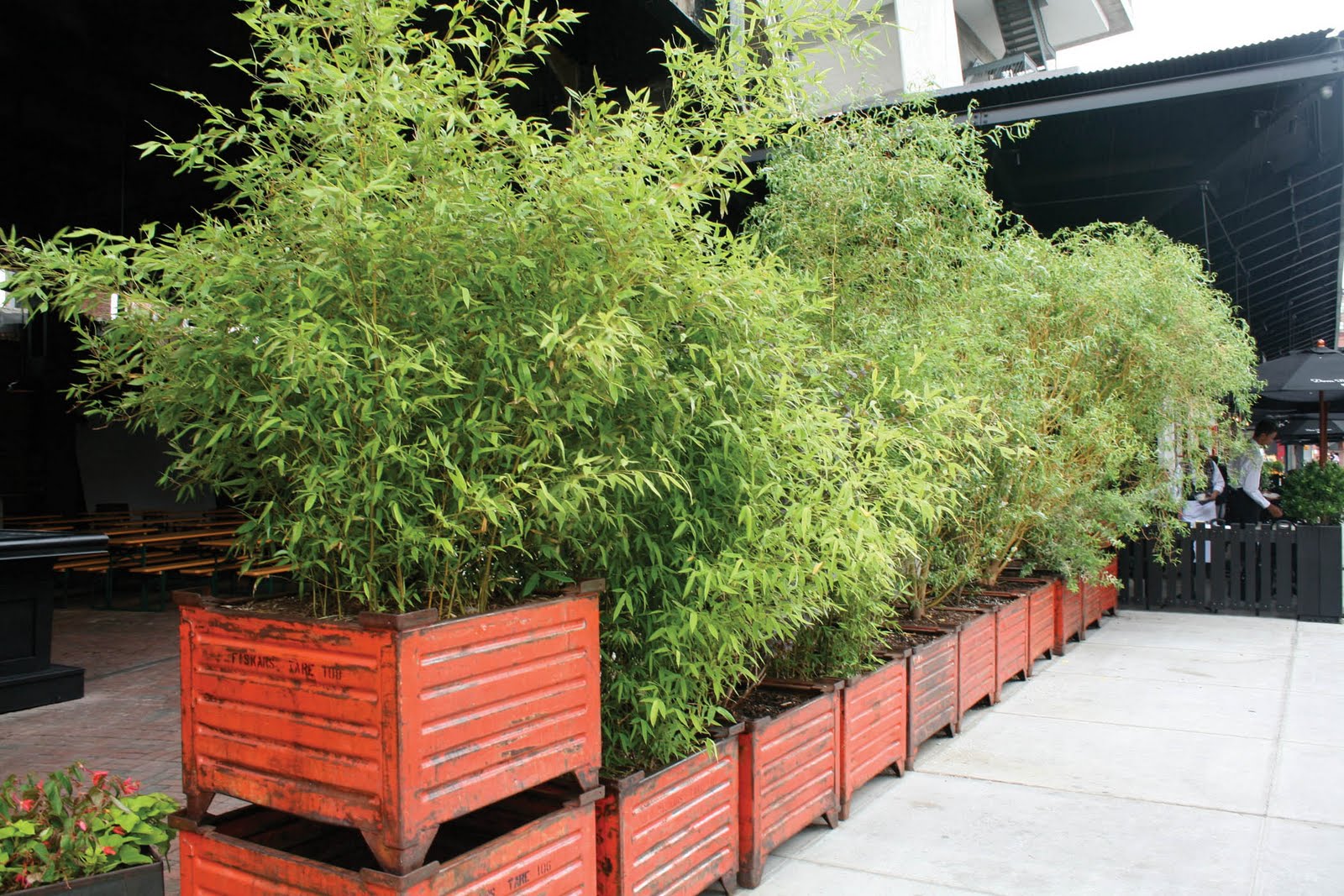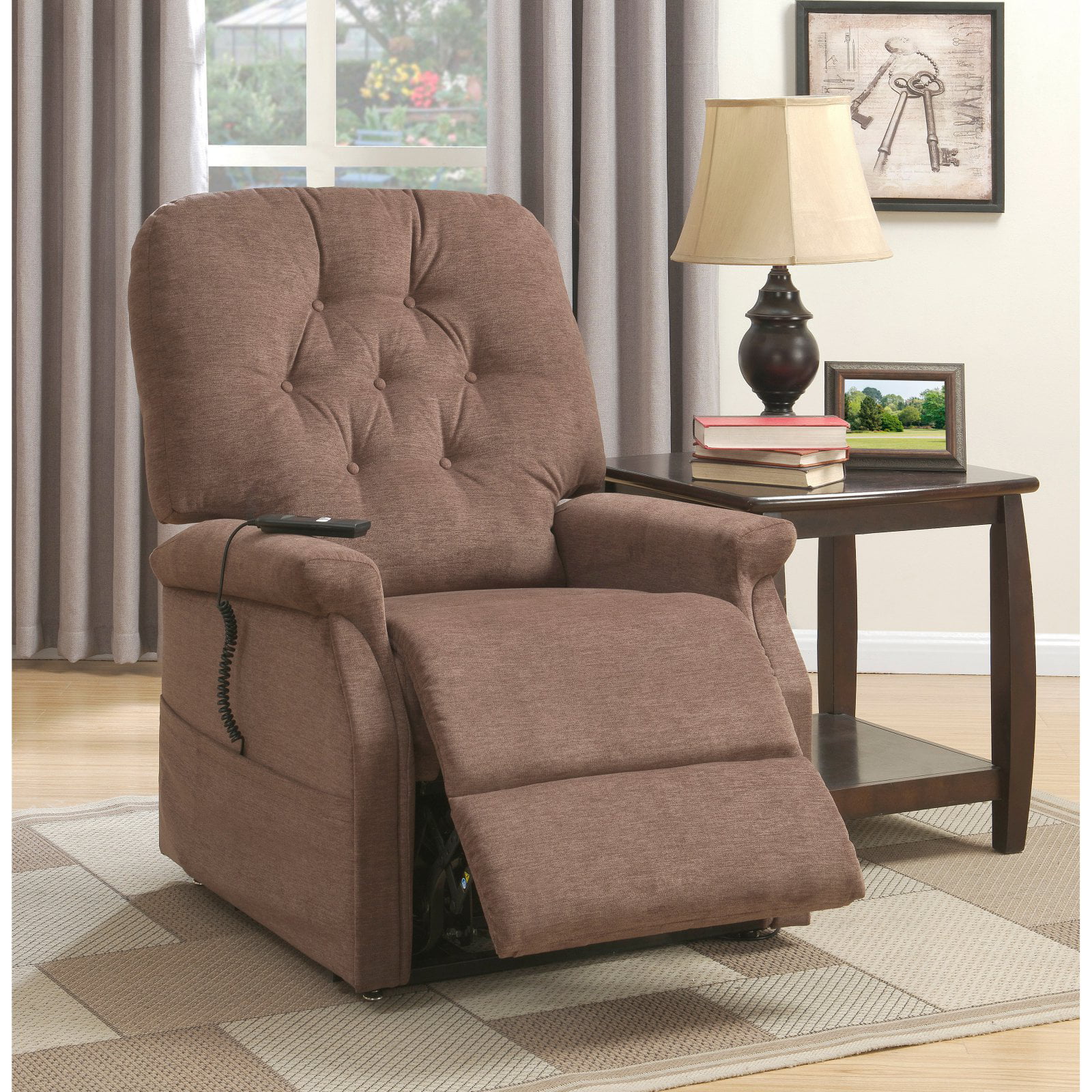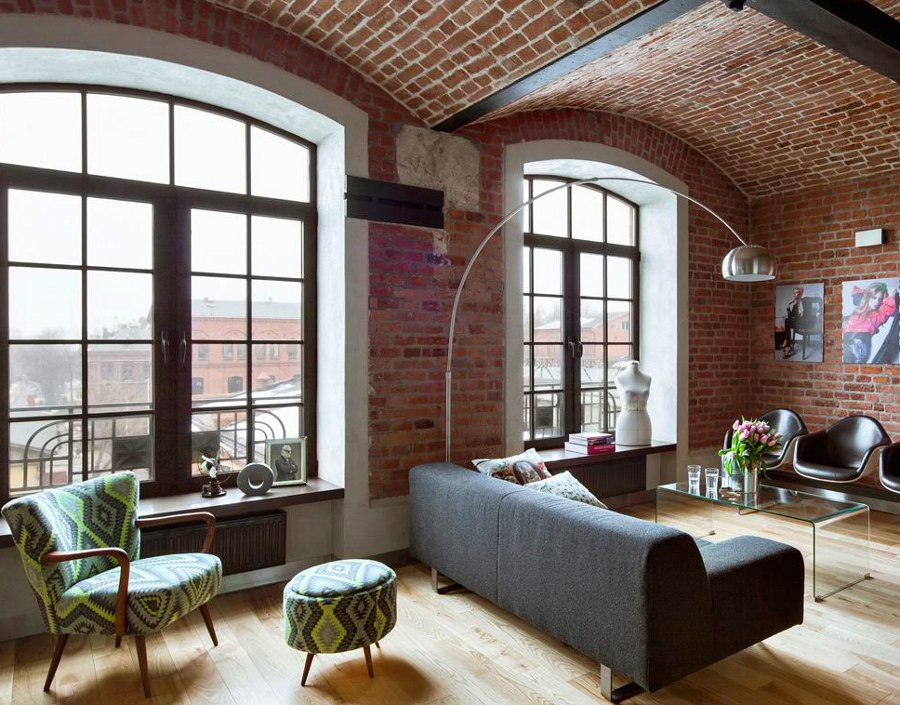The privet is the quintessential (or at least the most familiar) privacy hedge plant. This may just be the most optimal privacy setup, depending upon your type of yard.
Plant For Privacy, If one plant succumbs to an insect pest or a disease common to the species, the blight likely will spread to the rest of the plants. Try tall, slender containers to add height, and sculpt the boxwood for a privacy screen with a bold, manicured statement!

These dense outdoor plants — including camellias, boxwoods, and many more — are some of the best shrubs for privacy and to help protect your space. Mix it up a bit to avoid planting only one species. If this happens, you risk losing the entire screen. Evergreens with large foliage or evergreen conifers with branches that extend to the ground are the most useful for privacy.
If you need to create privacy, need to mask an ugly view or want to create some natural divisions in your garden, plants that have a screening effect can be very useful.
When you choose plants for privacy, you need to consider more than the usual aspects of plant care. While this plant is a tree, it can also be used as a hedge if you prefer that. This shrub may be the most popular plant for hedge designs. Privet trees are ideal for increasing your privacy but also your home’s curb appeal. If this happens, you risk losing the entire screen. This tall ornamental grass comes.
 Source: thedangergarden.com
Source: thedangergarden.com
With strategically placed tall potted plants you can have complete patio privacy and enjoy your outdoor space again. You have many options available to you if you are wondering what to plant for privacy. This tall and sturdy shrub tolerates all types of weather and even poor soils. Technically a grass, bamboo is capable of growing very tall! It makes.
 Source: rockwaterfarm.com
Source: rockwaterfarm.com
They grow tall and form a solid wall when planted close together. The plants can enhance the privacy of the fence, while also creating something that will look quite unique. Many homeowners prefer to use shrubs and trees as a privacy fence rather than an actual fence, but there are other great benefits such as: Glossy green shrubs like these.
 Source: bobvila.com
Source: bobvila.com
And with proper care, it can grow up to two feet a year. This may just be the most optimal privacy setup, depending upon your type of yard. With strategically placed tall potted plants you can have complete patio privacy and enjoy your outdoor space again. If one plant succumbs to an insect pest or a disease common to the.
 Source: georgeweigel.net
Source: georgeweigel.net
The right plants placed in the right position will give you a sheltered place, wind free and restful. These plants reach impressive heights in only a few years. Bamboos are the best plants for balcony privacy. When you choose plants for privacy, you need to consider more than the usual aspects of plant care. Plant a privet for privacy.
 Source: decoist.com
Source: decoist.com
Plants and trees can make your yard beautiful, but they can also help you add a little privacy to your home. What plant can i use for privacy? Plant a privet for privacy. It makes a perfect privacy screen and is a great choice for shady areas. You have many options available to you if you are wondering what to.
 Source: thegardenglove.com
Source: thegardenglove.com
Monocultures can be breeding grounds for trouble. These are different from hedges like boxwood and privet which look firm and dense. What plant can i use for privacy? They shoot up quickly, peak in late summer and early fall, and stay upright for winter interest. If you already have a fence with gaps or openings, the chocolate vine is a.
 Source: greensideupgifts.com
Source: greensideupgifts.com
A lot of us love bamboo, but it can be a lot of maintenance if you plant it in the ground. Arborvitae are the most commonly used privacy plants. On bamboo plants for balcony privacy. If you already have a fence with gaps or openings, the chocolate vine is a great way to fill those spots, they make privacy plants..
 Source: bobvila.com
Source: bobvila.com
If one plant succumbs to an insect pest or a disease common to the species, the blight likely will spread to the rest of the plants. On bamboo plants for balcony privacy. Your privacy is guaranteed when you invest your time and money into growing a natural privet screen. Tall plants serve more purposes than simply giving you privacy, they.
 Source: winnscapes.com
Source: winnscapes.com
A lot of us love bamboo, but it can be a lot of maintenance if you plant it in the ground. A word of caution when creating a living privacy screen: And with proper care, it can grow up to two feet a year. Eastern red cedar (juniperus virginiana) eastern redcedar is an evergreen tree that may grow 30 to.
 Source: deavita.net
Source: deavita.net
Eastern red cedar (juniperus virginiana) eastern redcedar is an evergreen tree that may grow 30 to 40 feet tall. The right plants placed in the right position will give you a sheltered place, wind free and restful. And with proper care, it can grow up to two feet a year. This may just be the most optimal privacy setup, depending.
 Source: blogarama.com
Source: blogarama.com
They grow tall and form a solid wall when planted close together. What plant can i use for privacy? If this happens, you risk losing the entire screen. These are different from hedges like boxwood and privet which look firm and dense. Technically a grass, bamboo is capable of growing very tall!
 Source: thespruce.com
Source: thespruce.com
They are one of the best tall plants for privacy. Chop them down in early spring and watch the whole privacy screen rise up again in no time. These are different from hedges like boxwood and privet which look firm and dense. It makes a perfect privacy screen and is a great choice for shady areas. What plant can i.
 Source: gardeningknowhow.com
Source: gardeningknowhow.com
Many homeowners prefer to use shrubs and trees as a privacy fence rather than an actual fence, but there are other great benefits such as: For optimal use, your plant should fill its space quickly, while offering an attractive addition to your landscaping. On bamboo plants for balcony privacy. Best of all, bamboo grows fast. These are different from hedges.
 Source: wagnerstreeservice.com
Source: wagnerstreeservice.com
The privet is the quintessential (or at least the most familiar) privacy hedge plant. Plants and trees can make your yard beautiful, but they can also help you add a little privacy to your home. Arborvitae are the most commonly used privacy plants. Mix it up a bit to avoid planting only one species. It is one of the most.
 Source: pinterest.com
Source: pinterest.com
If this happens, you risk losing the entire screen. Bamboo is the quintessential privacy plant. Technically a grass, bamboo is capable of growing very tall! These trees grow quickly, making them a popular choice for those looking to improve their privacy fast. Many bamboo plants are tolerant to different soil types and conditions and that makes it easier to grow.
 Source: bambooplantshq.com
Source: bambooplantshq.com
It grows quickly, prunes nicely, and has flowers that lead to fruit clusters that last through the winter. A word of caution when creating a living privacy screen: This may just be the most optimal privacy setup, depending upon your type of yard. [photo from cyan horticulture] sculpted boxwood in tall planters On the other hand, lilac bushes, when allowed.
 Source: trexfurniture.com
Source: trexfurniture.com
Structures can provide privacy, but many plants make screens that are more enjoyable and less stark than a wall or fence. They are one of the best tall plants for privacy. Plant a privet for privacy. This tall and sturdy shrub tolerates all types of weather and even poor soils. [photo from cyan horticulture] sculpted boxwood in tall planters
 Source: pinterest.com
Source: pinterest.com
Eastern red cedar (juniperus virginiana) eastern redcedar is an evergreen tree that may grow 30 to 40 feet tall. Tall plants serve more purposes than simply giving you privacy, they can also help protect you against the elements. These are different from hedges like boxwood and privet which look firm and dense. Mix it up a bit to avoid planting.
 Source: truesdalelandscaping.com
Source: truesdalelandscaping.com
They shoot up quickly, peak in late summer and early fall, and stay upright for winter interest. It is one of the most popular screen plants in the united states. Chop them down in early spring and watch the whole privacy screen rise up again in no time. Privet trees are ideal for increasing your privacy but also your home’s.
 Source: hgtv.com
Source: hgtv.com
It is one of the most popular screen plants in the united states. You have many options available to you if you are wondering what to plant for privacy. This tall and sturdy shrub tolerates all types of weather and even poor soils. A word of caution when creating a living privacy screen: They are undemanding and thrive in confined.
 Source: mygardenlife.com
Glossy green shrubs like these grow in a tight and dense form, giving you complete privacy, with plants. Plant a privet for privacy. These dense outdoor plants — including camellias, boxwoods, and many more — are some of the best shrubs for privacy and to help protect your space. You have many options available to you if you are wondering.
 Source: mymove.com
Source: mymove.com
Plants and trees can make your yard beautiful, but they can also help you add a little privacy to your home. While ligustrum vulgare was once the most common type of privet planted, it has lost popularity to some of the more ornamental varieties, such as japanese privet ( l. Your privacy is guaranteed when you invest your time and.
 Source: pinterest.com
Source: pinterest.com
They are one of the best tall plants for privacy. Privet trees are ideal for increasing your privacy but also your home’s curb appeal. The privet is the quintessential (or at least the most familiar) privacy hedge plant. What plant can i use for privacy? Your privacy is guaranteed when you invest your time and money into growing a natural.
 Source: progardentips.com
Source: progardentips.com
Plant the willow tree in full sun to partial shade for the best growth performance. It makes a perfect privacy screen and is a great choice for shady areas. Glossy green shrubs like these grow in a tight and dense form, giving you complete privacy, with plants. This tall ornamental grass comes. These dense outdoor plants — including camellias, boxwoods,.
 Source: westchestertreelife.com
Source: westchestertreelife.com
This shrub may be the most popular plant for hedge designs. Monocultures can be breeding grounds for trouble. They grow tall and form a solid wall when planted close together. White flowers appear in spring and in early summer, which transforms the greenery into a spectacular show. While this plant is a tree, it can also be used as a.








